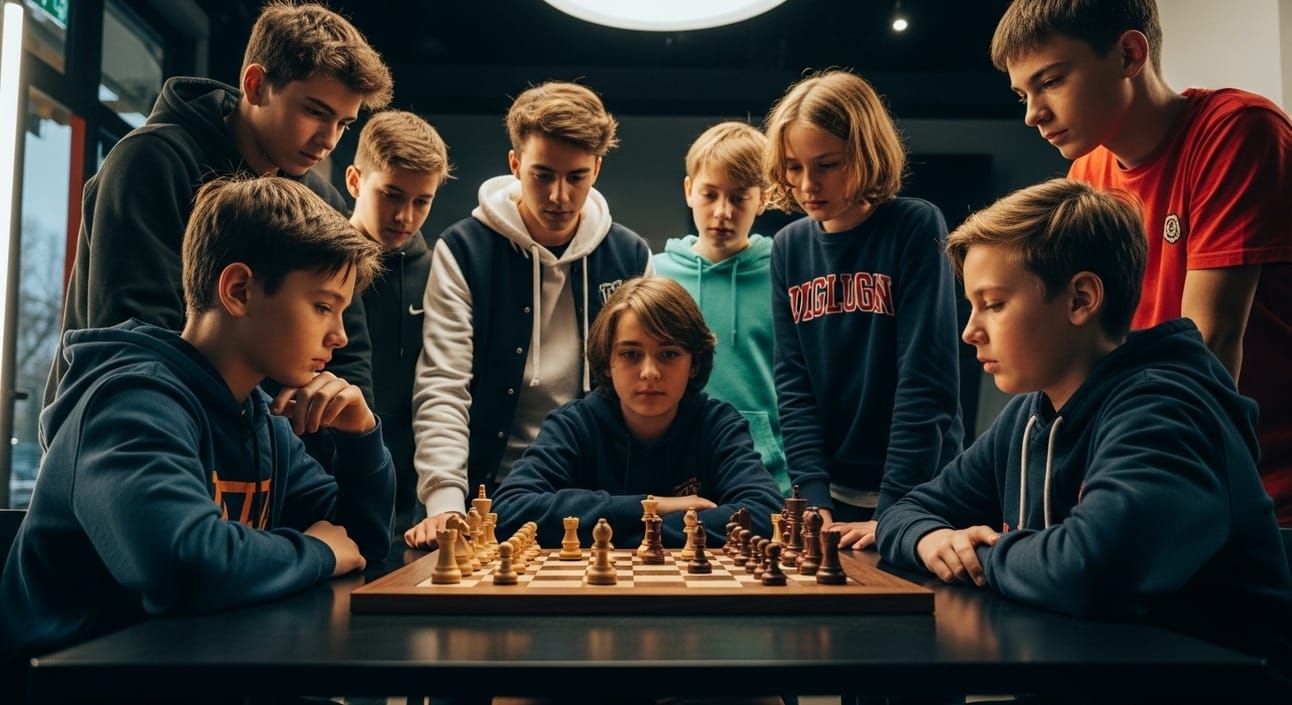- Checkmate Weekly
- Posts
- Meet the Young Chess Phenoms Redefining the Game in 2025
Meet the Young Chess Phenoms Redefining the Game in 2025

Chess has always been a game for deep thinkers—but in 2025, some of the game’s boldest minds are still in grade school. A new wave of child prodigies is shattering records, reshaping expectations, and signaling that the next generation of champions might be much younger than we thought.
At the forefront is Aarit Kapil, the Indian wunderkind who stunned the chess world by defeating a grandmaster at just 9 years old. His combination of speed, intuition, and composure under pressure has already earned comparisons to the early careers of Magnus Carlsen and R Praggnanandhaa.
Then there’s Faustino Oro, the Argentine prodigy nicknamed “the Messi of chess.” At just 10, he’s already earned an international master norm and is being hailed as Latin America’s brightest young hope. His fearless attacking style has earned fans far beyond his home country.
Yagiz Kaan Erdogmus, a Turkish sensation, became the youngest international master in history, securing the title at 10 years and 8 months. With powerful positional instincts and an already mature understanding of endgames, Erdogmus looks poised for a rapid rise through the FIDE ranks.
From Singapore, Ethan Pang is quickly building a global reputation for consistent high-level play at elite youth events. His calm, analytical approach has helped him take down older opponents on multiple continents.
Roman Shogdzhiev, a Russian-born prodigy, became a FIDE Master at just 7 years old, smashing one of the game’s most enduring records. His games are already being studied by coaches and fans looking for the next blueprint in early development.
Other standouts include Luca Protopopescu (USA), Xue Haowen (China), Aaron Reeve Mendes (Canada), and Ethan Vaz (India)—each carving their own path through the ranks, often as national champions in their age groups.
Why This Matters
These prodigies aren’t just chasing trophies—they’re redefining how chess talent is cultivated. Many of them are training with powerful chess engines, global coaches, and participating in hybrid formats like freestyle or rapid variants. Some are even building large followings on platforms like YouTube and Lichess.
For chess fans, this new generation offers something priceless: a glimpse of where the game is headed, and a reminder that brilliance has no age limit.
The future of chess isn’t coming. It’s already here—and it’s under 12.